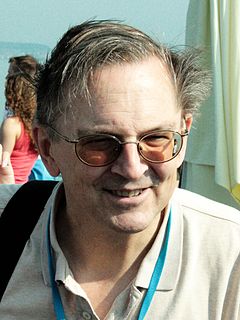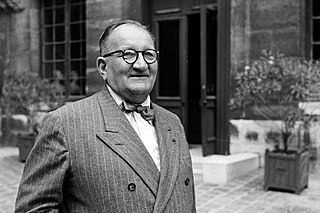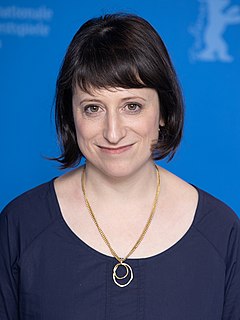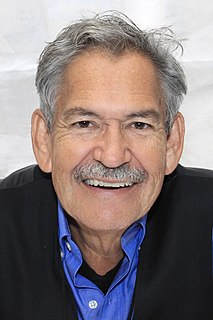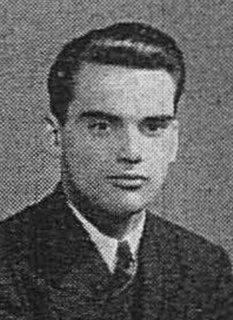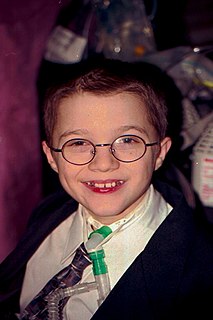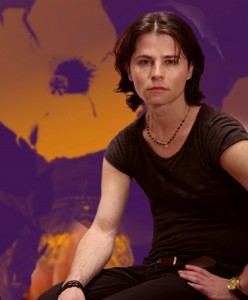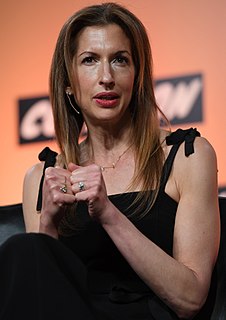A Quote by Jack W. Szostak
I do not know why I have always been fascinated by science or why I have been driven by the intense desire to make some original contribution. And although I have had some degree of success as a scientist, it is hard to say precisely why.
Related Quotes
Why are there organized beings? Why is there something rather than nothing? Here again, I fully understand a scientist who refuses to ask it. He is welcome to tell me that the question does not make sense. Scientifically speaking, it does not. Metaphysically speaking, however, it does. Science can account for many things in the world; it may some day account for all that which the world of phenomena actually is. But why anything at all is, or exists, science knows not, precisely because it cannot even ask the question.
My father is a cultural anthropologist and my mother ran an outpatient clinic and treated a lot of people who had been institutionalised. I was very fascinated with behaviour and criminology and why people do things that don't make any sense. I would probe my mother: "Why? Why would somebody do this?" And look for some causality between someone's mental state and their behaviour. I think it had a lot of influence on me.
I have always been fascinated by the human mind, conscious and unconscious - that is what writing and reading is about, too. The why of your life and the why of your choices and the what has happened that you know and the what that you don't know is really riveting, and psychoanalysts share my wonder at how it all unfolds.
The problem for a lot of people is that they don't really know what they want. They have vague desire: to 'do something creative' or to earn more money or 'to be free', but they can't really pin down what it is precisely that they want.
So they drift from one thing to another, enjoying some moments and hating others, but never really finding fulfillment or success. (..)
This is why it's hard to lead a successful life (whatever that means to you) when you don't know what you want.
Even then, I didn't quite know what to make of it [captain Kirk death]. I was mystified by why I was doing it, why I was so driven to do it, and why it was affecting me like it was. I still don't know what it means. It's a strange singular experience. I don't even know anyone to talk to about it because I don't know anyone who's had that experience.
When you're about three years old, you start to learn how to be manipulative. I know this from my own experience - I created this expression between sadness and dissatisfaction to get people to make me feel better, to get me presents. I created this face based on movies without even understanding it. I felt attracted to faces and body language. I remember I was always fascinated with why some people are considered beautiful and some are not. Everybody's got two eyes and one nose, but it's the small details. It is why we fall in love or why we want to kill somebody we haven't even spoken to.
I have been asked so many times why I live a green life, why water conservation, why getting wells in places, why work with water organizations, why conserve water at home with double-flush toilets, why I tell my daughters, "Turn off the tap" so much. Sometimes I want to say, "I wish I knew the answer." My answer really is: I don't understand why everyone doesn't feel this way.
I don't understand why black people have been so quiescent, so passive over the hundreds of years of American history. Why hasn't there been more violence, more armed struggle? I know answers to some of that, but it seems to me it's an issue of faith, an abiding faith in some sort of great beyond, or great spirit, or even in the American dream.
